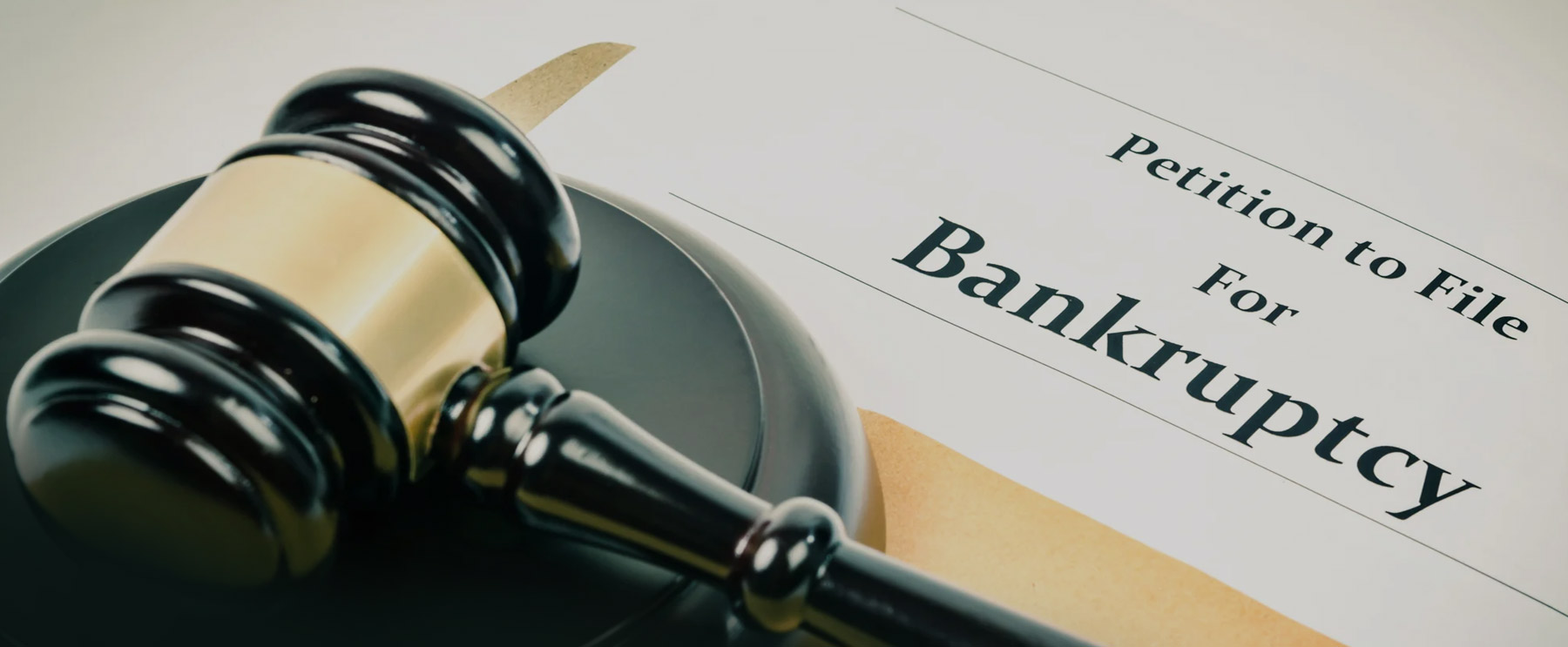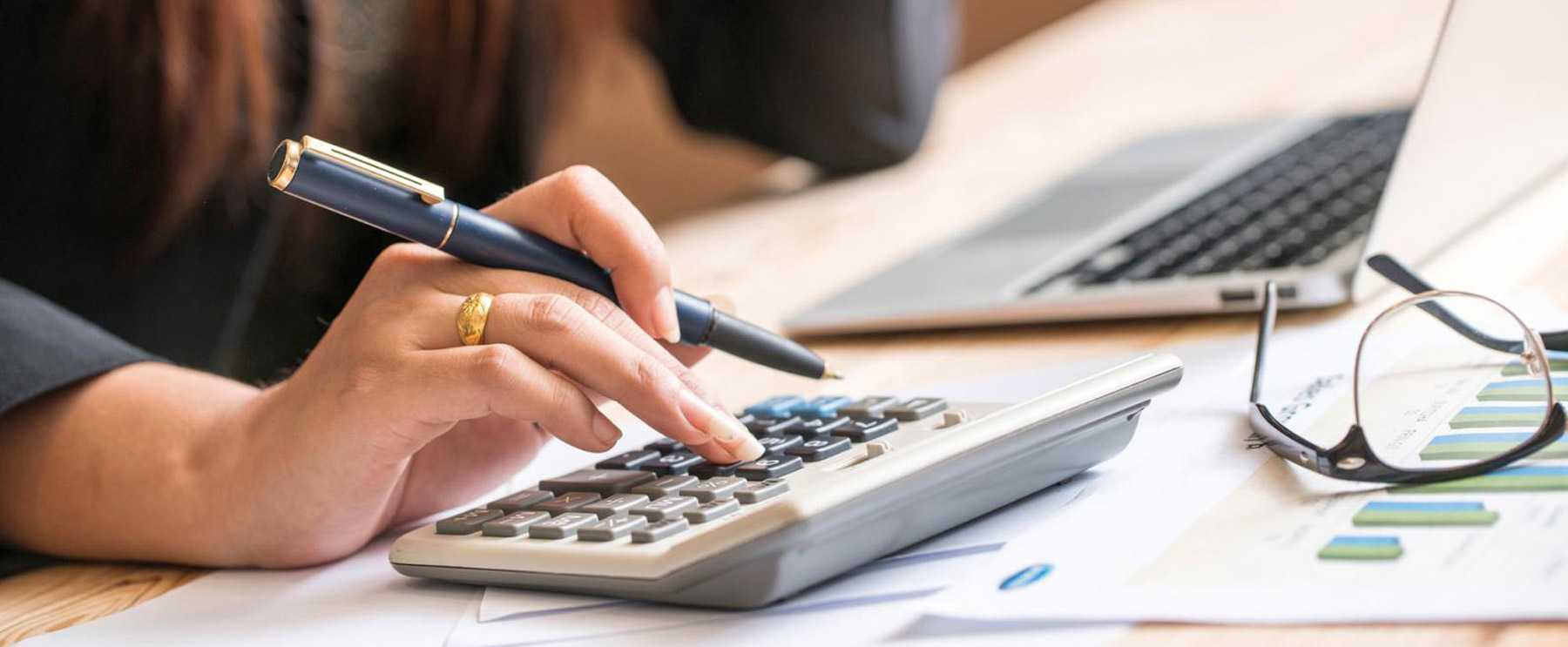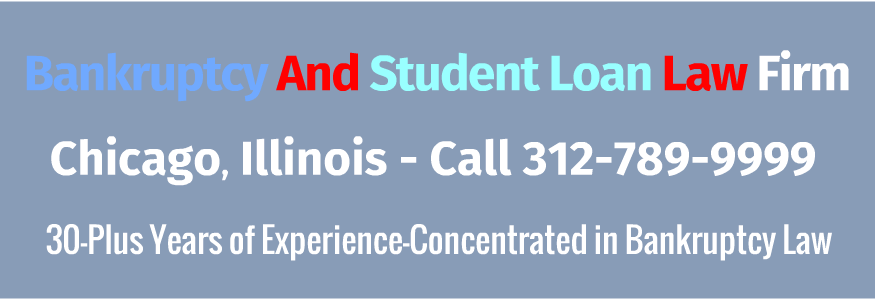
If you have debts that are causing you immense stress, and you can not seem to pay them down no matter how hard you try, you may want to consider bankruptcy. There are different types of bankruptcy for consumers, businesses and business owners.
While Chapter 7 bankruptcy aims to wipe out all your debts, Chapter 13 bankruptcy offers a debt consolidation approach. If you make too much to qualify for Chapter 7 or want to keep your possessions, Chapter 13 is likely a good option. It stretches out your payments and allows you to pay secured debts, which include anything that has collateral attached to it, such as mortgages and car payments.
Chapter 13 is a reorganization bankruptcy that is ideal for those who make too much money to qualify for Chapter 7. If you earn regular income and make payments, it can be a good option. Instead of paying what you owe, you make payments based on what you can afford. You work with a lawyer to submit a payment plan to the court, and repay debts over a period time that typically lasts three to five years. If you own a home, Chapter 13 is the best, surest way to stop foreclosure. All debt collection efforts stop thanks to the automatic stay, which keeps creditors at bay.
If you are having trouble paying student loans, Chapter 13 can help by keeping payments under control. Student loans are considered non-priority unsecured debt, which means that if you choose Chapter 13 bankruptcy, you are not required to pay back the full amount of your loan. However, a bankruptcy will not eliminate this debt completely, so keep that in mind.
Most people qualify for Chapter 13 bankruptcy. But a person or married couple must owe less than $394,725 in unsecured debt and less than $1,184,200 in secured debt as of February of 2019. These limits change periodically, so be sure to contact us for the exact figures.
Any type of bankruptcy will negatively impact your credit at first. However, because you are making an effort to repay back what you owe, a Chapter 13 bankruptcy will show your creditors that you are taking control of your debt, and can help your credit in that way, especially if you make your payments on time. Chapter 7 Bankruptcy can help your credit rebound fast, and help you recover, because it typically lasts less than 6 months.
What Chapter 13 Bankruptcy Can Do For You
The biggest benefit of choosing Chapter 13 over Chapter 7 bankruptcy is that it can stop foreclosure immediately and help you save your home. If you are behind on your mortgage payments, a Chapter 7 bankruptcy will not help you catch up in the payments needed to keep your home.
A Chapter 13 will, however, restructure your debt to give you a plan to make mortgage payments and get caught up. You will not only stop receiving harassing phone calls from creditors, but you will get to keep your home as long as you make the required payments as set forth in your plan.
Chapter 13 bankruptcy can also help you keep your vehicle. If you are behind on payments, bankruptcy can stop the repossession process. Your monthly payment to the trustee can be set up to include payment for your car, and allow you to keep the car as long as you keep up in the payments and keep the car insured.
Chapter 13 can also pay priority debts. These include tax debts, child support, and alimony. While these are unsecured debts, under bankruptcy law, they get paid before other debts such as credit cards and medical bills. Chapter 13 Bankruptcy will stop lawsuits on these priority debts too.
Can Business Owners File for Chapter 13 Bankruptcy?
Chapter 13 bankruptcy is only for consumers. However, similar to Chapter 7 bankruptcy, business owners who operate under a sole proprietorship can file for Chapter 13 to reorganize debts that have piled up in their personal and business lives. In addition, those who operate a business under a separate entity, such as a partnership, corporation, or LLC, can reorganize their personal liability for business debts with the help of a Chapter 13 bankruptcy. However, their business debts will still remain with the business.
Sole proprietors can take advantage of this type of bankruptcy to keep their assets while repaying debts. Keep in mind that all qualifying debts must be paid back through a repayment plan, but you will get to keep running your business during the process. You have up to five years to pay back what you are behind on houses and cars. You can also pay off priority debts and reduce your personal debt.
What You Should Know About Chapter 13 Bankruptcy

It is important to understand that Chapter 13 bankruptcy allows you to restructure your debts, and, unlike a Chapter 7 bankruptcy, requires you to pay back the debts to some degree. And, depending on your plan, you may not be not obligated to pay back the unsecured debts in full. You can make your plan payments for up to five years.
While you are on the repayment plan, you will make monthly payments to the trustee based on what you can afford. You will have enough money to pay for necessities such as food, housing and medical care. Whatever is left, called disposable income, will be used to pay back creditors. This means that you will have to have to be careful with your spending for at least several years.. This requires a lot of self-control. Your attorney will calculate exactly how much you are required to pay, based on the “Means Test”. Then, the attorney will help you create a budget based on what you and your family can afford to pay.
Most likely, you will still owe money on your mortgage after the repayment plan ends. You will continue to make mortgage payments keep your house. The same goes for cars and other high-dollar possessions. Sometimes these debts survive the repayment plan.
Like a Chapter 7 bankruptcy, Chapter 13 will also stay on your credit report for 10 years. Even after you repay your debts, getting credit cards and loans can be difficult. But, after the Bankruptcy is over, credit companies do start offering new credit. Your credit score will slowly improve over time, and you can use your on-time payment history from the Chapter 13 Plan to help get new credit.
After the Chapter 13 completed, you get to keep all your assets and everything is considered paid off.
Contact a Chicago Chapter 13 Attorney Today
If you are overwhelmed with debt, but want to keep your possessions, a Chapter 13 bankruptcy may be able to help you avoid foreclosure and repossession. If you earn a regular wage, but need more time to pay off debts, this may be a good option. You’ll speak in-depth with an attorney who will review your family’s whole situation, who you owe, and what you want to protect, and set up an affordable Chapter 13 Plan that will meet all of the Bankruptcy Court’s requirements.
Daniel J. Winter is a compassionate Chicago Chapter 13 Lawyer who can help you get your finances back on track. He can help you with your debts so you can keep your possessions and get peace of mind. To schedule a free consultation, call (312) 789-9999.






